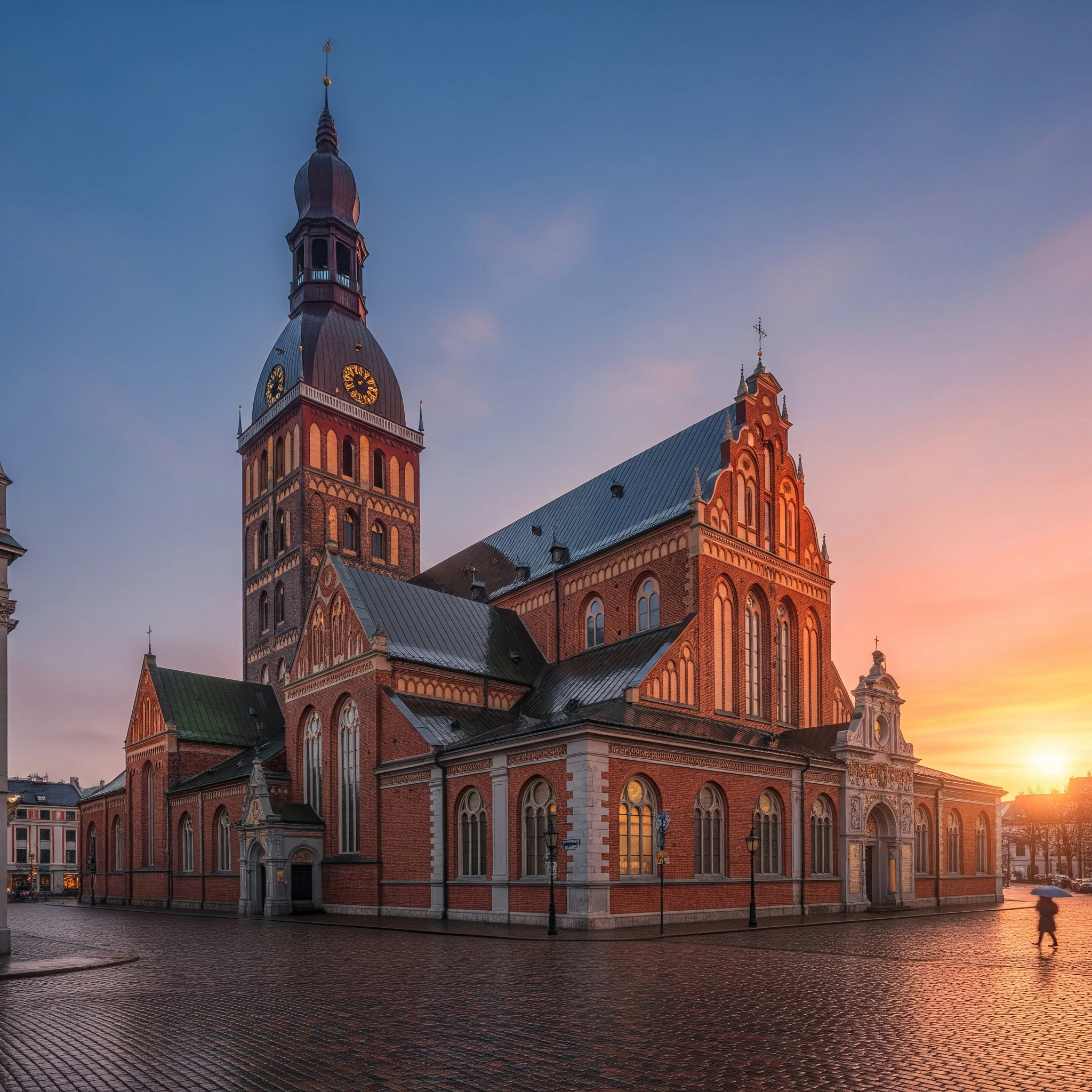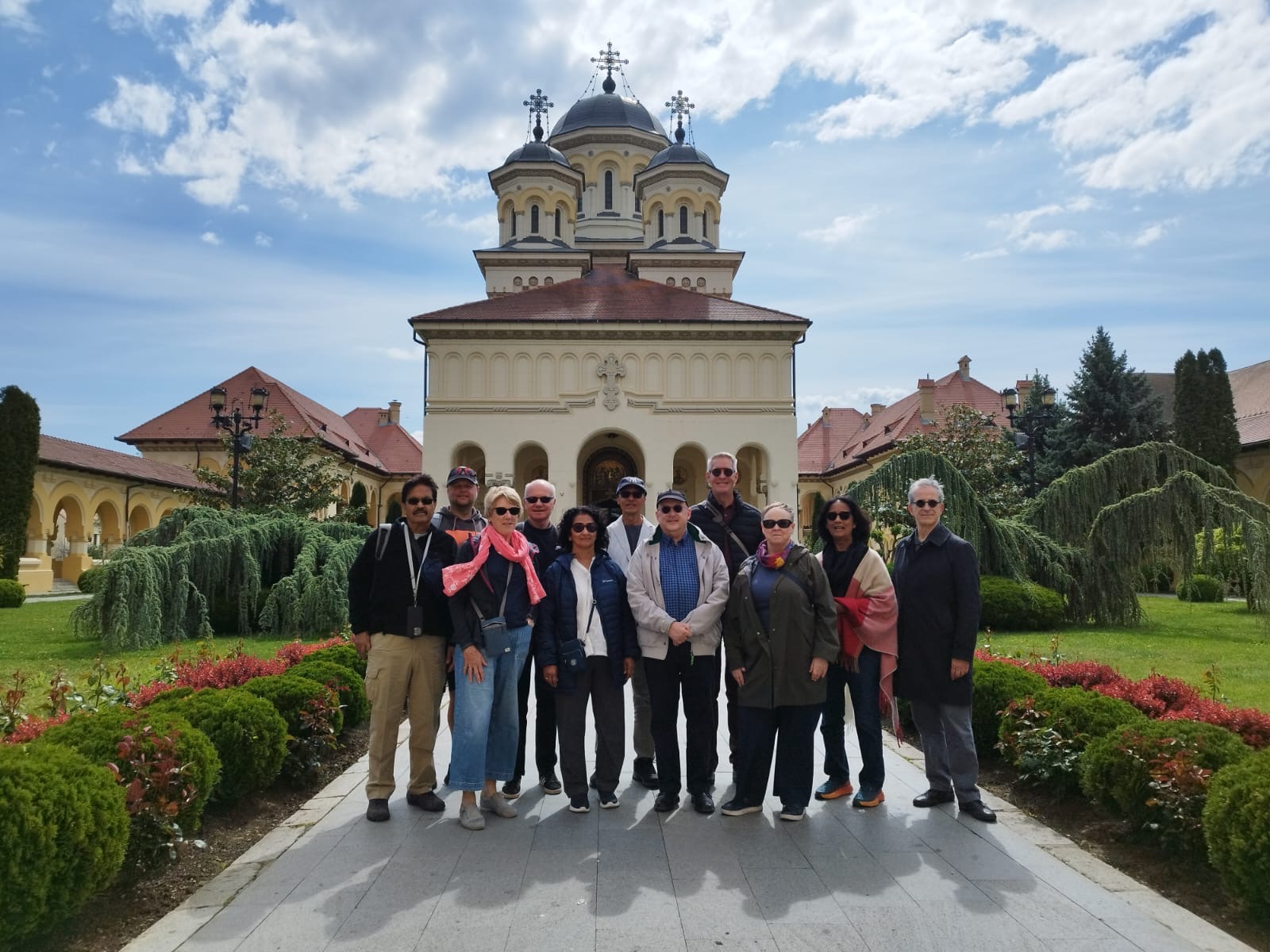In this article, we’ll explore seven unique slow adventures that go beyond the guidebook. These aren’t just holidays. They’re opportunities to escape the tourist trap and discover how travel can genuinely change the way you see the world.
What Makes Slow Travel Different from a Typical Holiday?
Beyond the Selfie Stick
Traditional tourism treats destinations like items on a shopping list. You arrive, snap photos at famous spots, grab a quick meal, then rush to the next location. It’s exhausting and shallow. Slow travel takes the opposite approach. Instead of visiting ten countries in two weeks, you might spend those same two weeks in a single region, truly getting to know it.
The difference is depth over breadth. When you stay longer, you move beyond the tourist facade. You discover the bakery where locals queue every morning. You learn which market stalls offer the best produce. You become a familiar face rather than another passing visitor. This shift from observer to participant changes everything about how you experience a place.
The Slow Travel Experience
Slow travel offers benefits that quick trips simply cannot match. Cultural immersion happens naturally when you have time. You pick up phrases in the local language through daily interactions. You understand social customs by watching and participating rather than reading about them in a guidebook. These authentic connections create memories that last far longer than any photograph.
Your mental health benefits too. Without the constant rush to tick off attractions, you can truly unwind — whether that means reading a book in a cosy café or simply watching the world go by. This kind of genuine rest is rare on most holidays. If you’ve ever returned home feeling more exhausted than refreshed, stress-free slow travel might be exactly what you need to recover from travel burnout. Surprisingly, slow travel often costs less. Staying longer means you can rent apartments at monthly rates and avoid the premium prices tourist areas charge for quick visits.
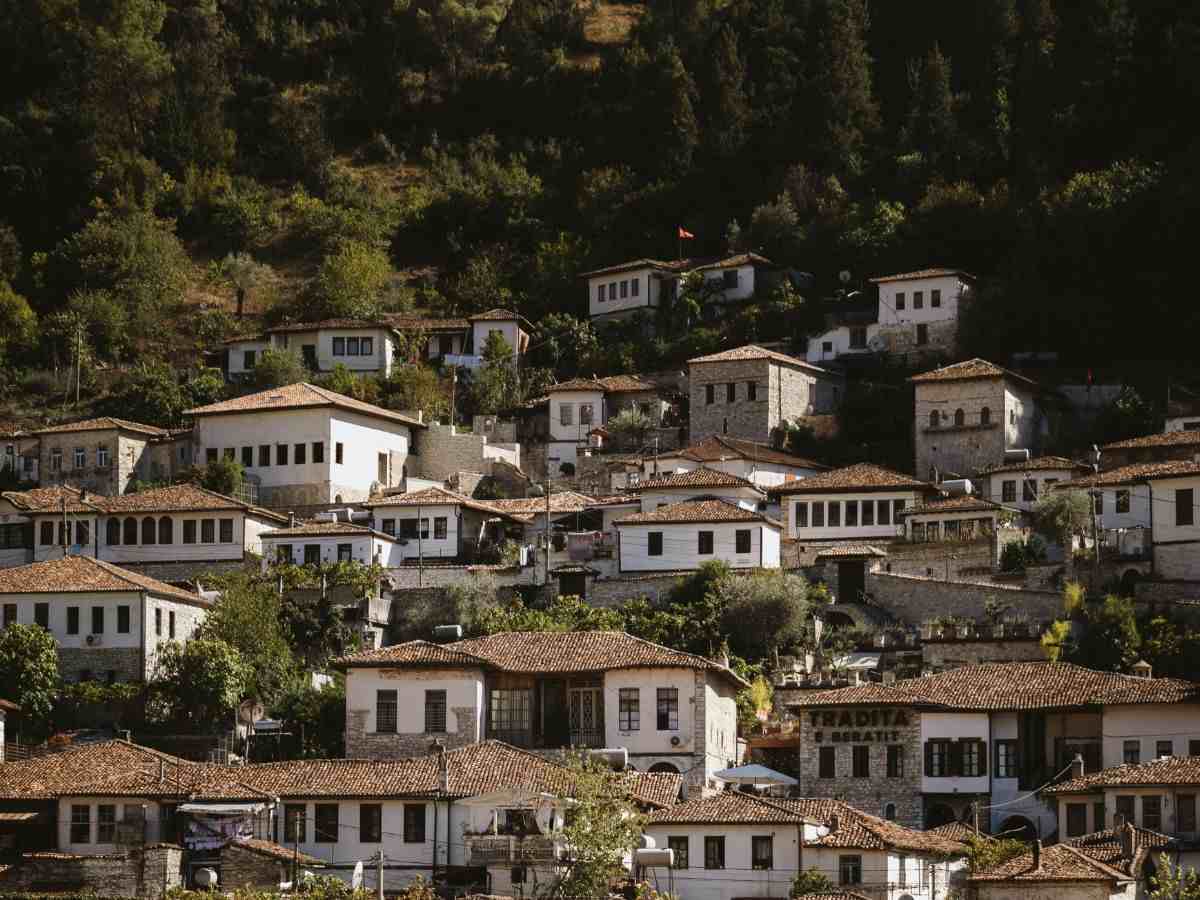
1. House-Sitting in Rural Albania
Albania remains one of Europe’s best-kept secrets. Nestled in the Balkans, this small country offers mountains, beaches, and UNESCO-listed towns without the crowds that plague more popular destinations. House-sitting here puts you right in the heart of authentic Albanian life, deep in the countryside where local culture thrives.
Imagine waking up in a traditional stone house in Gjirokastra, where cobbled streets wind between Ottoman-era buildings. Your daily routine involves shopping at the local market, where vendors greet you by name after just a few visits. You learn that Albanians take their coffee seriously and that hospitality is woven into the culture. Neighbours invite you for raki and conversation. You pick up Albanian phrases naturally through these daily interactions. Between your responsibilities, you can wander through olive groves and explore ancient ruins at your leisure. It’s the perfect slow travel destination for anyone seeking authentic culture and connection.
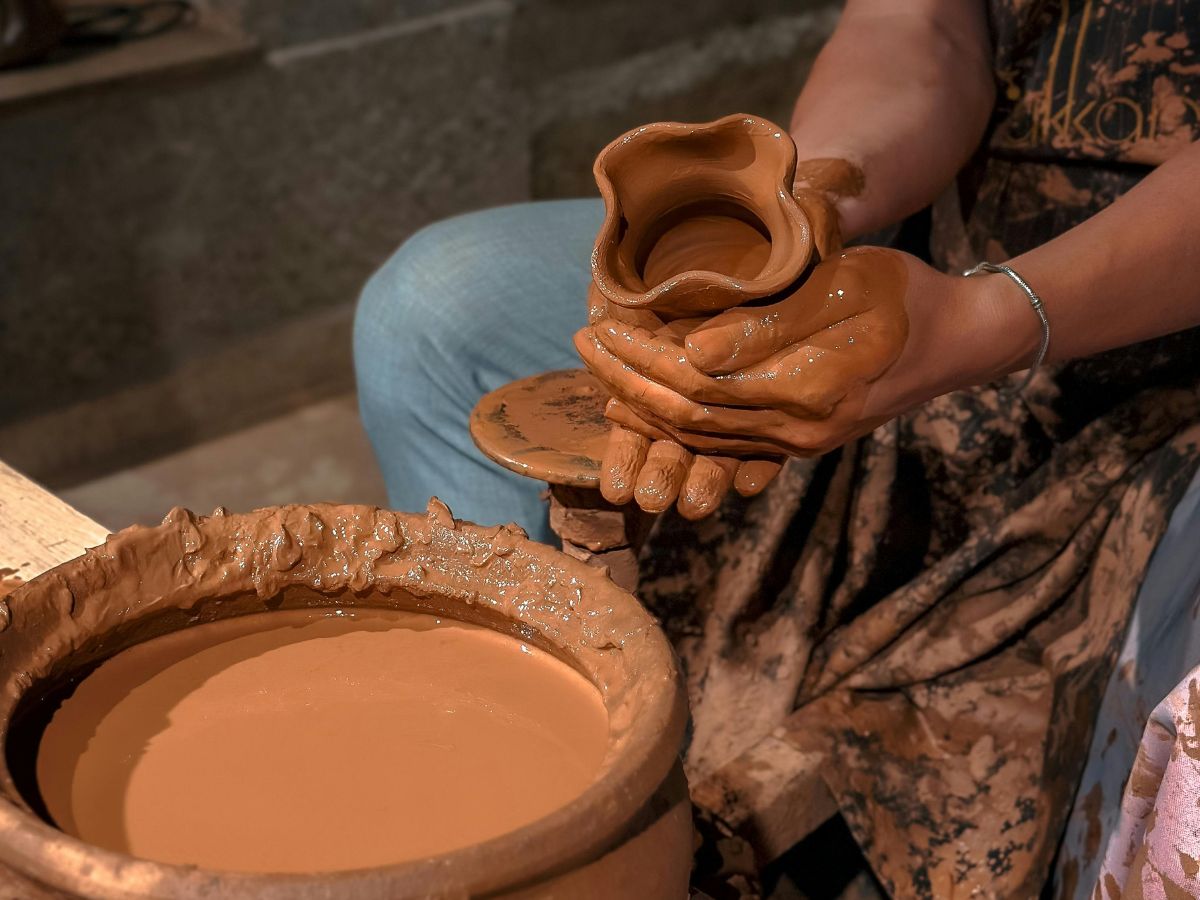
2. Learning Traditional Crafts in Istanbul
Istanbul stands where Europe meets Asia, and this unique position has created a rich tradition of craftsmanship spanning centuries. The city offers month-long workshops in traditional Turkish arts, from the mesmerising swirls of ebru (Turkish marbling) to the precise strokes of Ottoman calligraphy and the shaping of beautiful ceramics.
These aren’t tourist workshops where you make something simple then leave. They’re genuine apprenticeships with master craftspeople who’ve spent decades perfecting their skills. You’ll work in historic districts like Sultanahmet or the Grand Bazaar area, in studios that have operated for generations. The pace is deliberate. You learn that rushing ruins the work. Patience becomes part of the process.
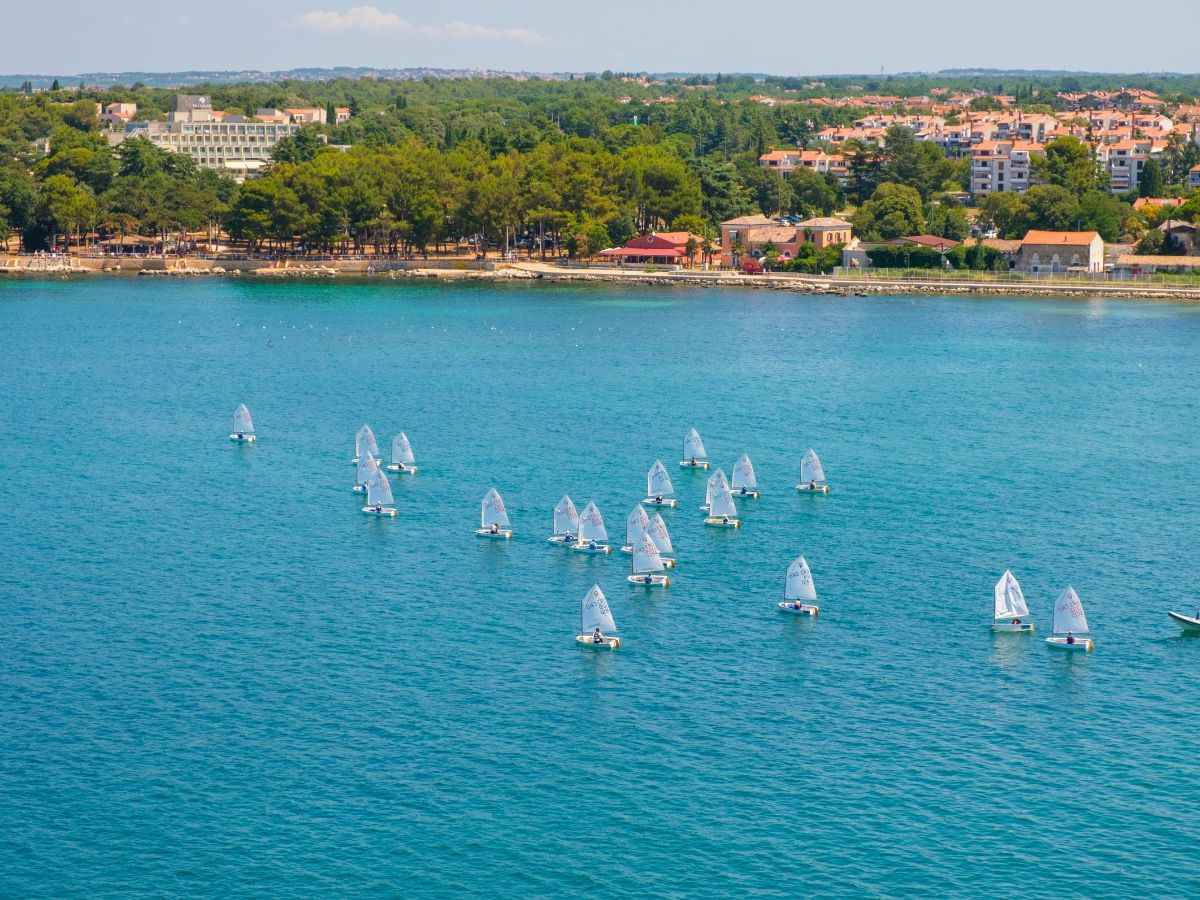
3. Sailing the Adriatic Coast of Montenegro
Montenegro’s coastline is spectacular. Towering mountains plunge into crystal-clear Adriatic waters. Medieval towns cling to rocky shores. The Bay of Kotor, often called Europe’s southernmost fjord, offers protected waters perfect for sailing adventures. Unlike a cruise ship where you follow a fixed schedule, hiring a small sailboat for several weeks gives you the freedom to explore at your own pace. It’s the ultimate “journey, not destination” experience — one that embodies the spirit of rail holidays in Europe but on the open sea.
You’ll discover secluded coves accessible only by water. Drop anchor in quiet bays where the only sound is waves lapping against the hull. Visit authentic fishing villages where life continues much as it has for centuries. In Perast, baroque palaces line the waterfront. In Kotor itself, a UNESCO World Heritage site, medieval walls climb the steep hillside behind the old town.
4. Volunteering on Organic Farms in the Baltic States
The Baltic States of Estonia, Latvia, and Lithuania offer a unique glimpse into rural life in former Soviet republics that have transformed themselves. WWOOF (Worldwide Opportunities on Organic Farms) connects volunteers with organic farms needing help. In exchange for a few hours of work daily, you receive accommodation, meals, and an authentic experience of Baltic farm life.
Daily routines vary by season. Summer might involve harvesting vegetables, tending animals, or helping at farm shops. Autumn brings fruit picking and preservation work. The work is physical but not usually difficult. You’ll spend mornings working, leaving afternoons free for rest or exploration. These community-based adventures mirror the philosophy of overcoming travel burnout by grounding yourself in meaningful, purpose-driven travel.
The Community Experience
Farm stays excel at creating genuine connections. You’ll meet fellow travellers from around the world, all seeking authentic experiences. Meals together become opportunities for sharing stories and forming friendships that often last beyond the farm stay.
Cultural exchange happens naturally when you live and work alongside locals. Your hosts share their history, their struggles adapting to independence after Soviet rule, their hopes for the future. You gain insights into local culture that no guidebook can provide. Physical work creates bonds in ways that simple conversation cannot. There’s something about working together towards a common goal that builds real connection.
5. Walking Ancient Routes Through the Balkans
Walking remains the most intimate way to experience a landscape. The Balkans offer countless routes through regions where history runs deep and tourism remains light. Bosnia and Herzegovina provides walking adventures that combine stunning scenery with profound historical significance. From mountain roads to coastal paths, and even cycling routes through remote wilderness areas, these journeys reveal places untouched by mass tourism.
Lesser-known routes take you through medieval towns barely changed in centuries.The famous Stari Most bridge in Mostar, rebuilt after its destruction in war, stands as a powerful symbol of reconciliation. You’ll wander through ancient bazaars and connect with local communities who welcome walkers with genuine warmth.
Personal Transformation Through Walking
Long-distance walking creates space for mental clarity. Without digital distractions, your mind settles. The rhythm of walking becomes meditative. You’ll meet people from around the world who’ve also chosen slow travel. These connections often feel more genuine than friendships formed in typical tourist settings.
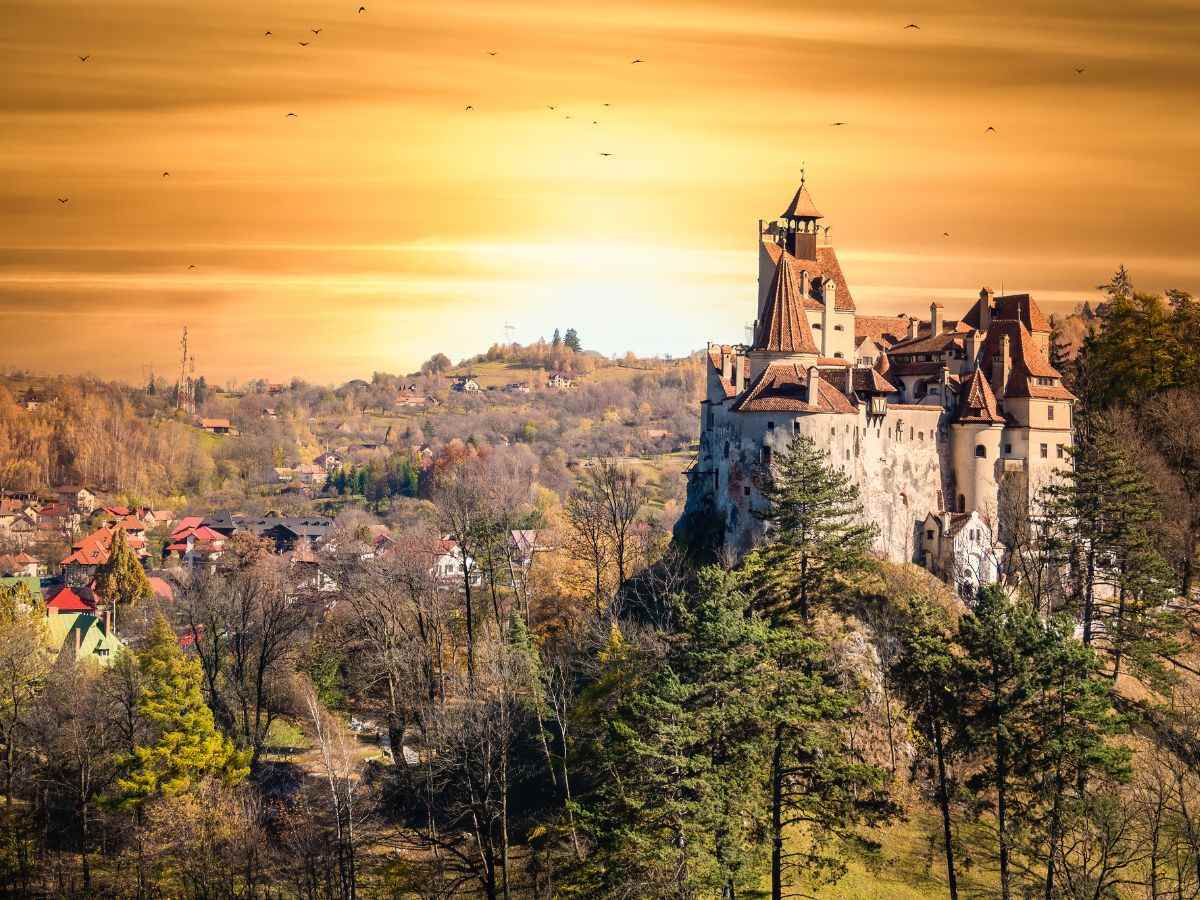
6. Artist Residencies in Remote Romanian Locations
Romania offers artist residencies in settings that seem lifted from fairy tales. Transylvania’s dramatic landscapes and medieval citadels provide inspiration for writers, painters, and all manner of creative people. These programmes give you dedicated time and space for your creative practice.
Residencies might place you in a mountain village or in a restored tower of Alba Iulia Citadel. The physical beauty of these locations provides constant inspiration, whilst the remoteness eliminates distractions. The landscape seeps into your work in ways both obvious and subtle.
Finding Your Residency
Romanian residencies vary in their application processes. Some require detailed project proposals. Others take a more relaxed approach. Costs range from fully-funded residencies to self-funded options where you pay for accommodation.
Duration options typically span two weeks to three months. Consider what your project needs and what you can manage away from home. Some residencies operate with multiple artists working simultaneously. Others offer more isolation.

7. Learning to Cook in Regional Italy and Sicily
Italian cuisine varies dramatically from region to region. Multi-week cooking courses in specific regions teach you not just recipes, but the philosophy behind the food. You’ll start most days at the market, learning to select ingredients the way locals do.
Daily market visits become lessons in seasonality and quality. You’ll learn which stall offers the best tomatoes and which fish are freshest today. Learning from nonnas (grandmothers) and local chefs connects you to generations of tradition.
Sicilian culinary traditions reflect the island’s complex history. Ancient Greek influences remain in certain dishes. Arab traders introduced ingredients that became fundamental to Sicilian cooking.
Making Slow Travel Work for You
How much time do you really need for slow travel? To truly immerse yourself, aim for at least two weeks in one destination. A month gives you the chance to build genuine connections within the community, while three months allows you to experience seasonal changes and form deeper relationships. If you’re interested in longer journeys, around the World in 100 Days offers a modern blueprint for extended slow exploration. Reflect on how much time you have and plan your journey accordingly.
Budgeting for extended stays often costs less than you expect. Renting an apartment monthly costs far less per day than hotels. Cooking your own meals reduces expenses significantly, and you’ll avoid relying on fast food or overpriced tourist restaurants. The main costs become transport to your destination and daily living expenses, which in many Eastern European and Balkan destinations remain very affordable. When you view trip expenses over weeks or months rather than days, the value becomes clear.
Remote work opportunities make extended travel increasingly possible. Many people now work online whilst travelling. Reliable internet exists in most European locations, even smaller towns. This arrangement lets you maintain income whilst experiencing slow travel.
Overcoming Common Concerns
What about your job? Some employers now offer sabbaticals or extended leave options. Others allow remote work from anywhere. Career breaks, once seen as risky, are increasingly understood as valuable for personal development. Many slow travellers find that stepping away from work actually improves their performance when they return, bringing fresh perspectives and renewed energy.
Travelling alone versus with others is largely personal preference. Solo slow travel offers complete freedom but requires more initiative in forming connections. Travelling with a partner or friend provides companionship but requires compromise. Some programmes, particularly artist residencies and volunteering opportunities, work well for groups.
Conclusion
Whether you’re house-sitting in Albania, learning traditional crafts in Istanbul, or sailing Montenegro’s coast, the common thread is time. Time to understand a place, time to form relationships, time to let travel transform you rather than just entertain you. These adventures prove that escaping the tourist trap doesn’t require exotic destinations or enormous budgets. It requires a willingness to slow down and truly inhabit the places you visit. The world looks different when you’re not rushing through it. You notice details, understand context, and connect with people in ways that typical tourism never allows.
If you’re drawn to the idea of slow travel by rail, exploring breathtaking landscapes whilst enjoying comfort and cultural immersion, Adventures By Train offers curated journeys that embody the slow travel philosophy. From the Balkans to the Baltic States, Istanbul to Sicily, and even Shanghai to Bangkok, discover luxurious rail adventures designed for small groups seeking authentic experiences. Their flight-free itineraries prove that the journey itself can be as transformative as the destinations, with time to absorb each place rather than simply pass through it. Contact Adventures By Train today to start planning your stress-free slow travel adventures.


